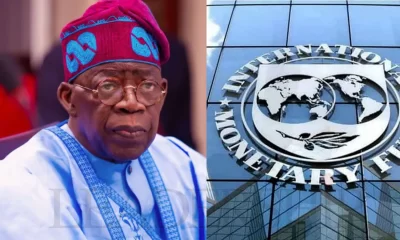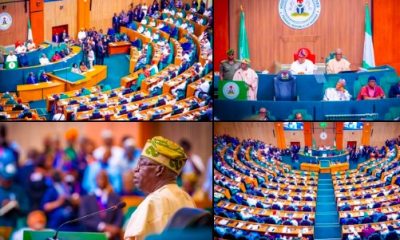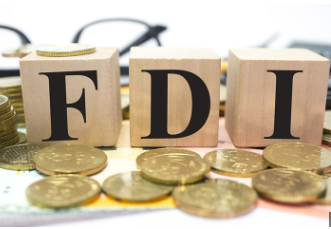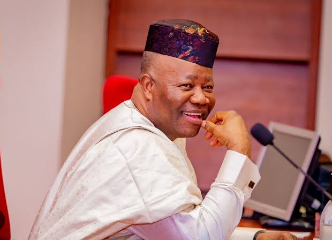Against the backdrop of the continuous fall in the price of oil in the international market, which is now below the $38 benchmark proposed in the 2016 Budget by President Muhammadu Buhari, the National Assembly declared yesterday that it would drastically adjust the benchmark.
Chairman, Senate Committee on Media and Public Affairs, Senator Aliyu Saabi Abdullahi, said in being as realistic as possible, the $38 oil price benchmark proposed in the budget would be drastically reduced by the Senate and by extension, the National Assembly before passage.
“We are going to be as realistic as possible by reviewing it in line with realities on ground as regards its proposed parameters like the oil price benchmark, which today is far lower than the projected figure of $38 per barrel in the international market.
“So, what I want to assure you is that when we resume from recess, the budget will be a top priority and we are going to give it expeditious attention,” he said.
He explained further that, “The issue of oil benchmark and exchange rate are issues that are dynamic and I’m sure by the time we come to deal with that, we will look at what the realities are and in tandem with the executive, I am sure we will come up with what we believe is realistic,” he said.
The price of oil in the international market as at yesterday was slightly below $33 per barrel, making a deficit difference of $5 per barrel compared with the $38 per barrel proposed in the 2016 budget estimates. Abdullahi added that in considering the budget, the National Assembly would pay attention to the critical issue of revenue diversification.
“What I want you to do is if you look at the budget, you see that we are giving more emphasis to non-oil revenue and by the time we block the leakages and ensure value for money, we should be able to do those things that will add value to the economy.
“Remember the IMF boss was advising the financial sector to look at borrowing for the real sector; agriculture, SMEs and all the likes. These are the areas of growth and I want to assure that if we get it right in these particular sectors, I think our economy will be able to stay afloat,” he added.
He commended the Central Bank of Nigeria (CBN) for what he described as effective management of foreign exchange.
“If you look at the FOREX market, today it will gain, tomorrow it will drop, so these are dynamics that we are not sure how it will play out, but with the management of the FOREX, I want to believe that the CBN is doing a very great job, we should encourage them and give them the necessary support so that at the end of the day, we will continue to do those things that are in the interest of Nigerians,” he said.

 Health5 days ago
Health5 days ago
 Entertainment6 days ago
Entertainment6 days ago
 Crime5 days ago
Crime5 days ago
 Education7 days ago
Education7 days ago
 Health7 days ago
Health7 days ago
 Comments and Issues6 days ago
Comments and Issues6 days ago
 Football6 days ago
Football6 days ago
 Latest6 days ago
Latest6 days ago













